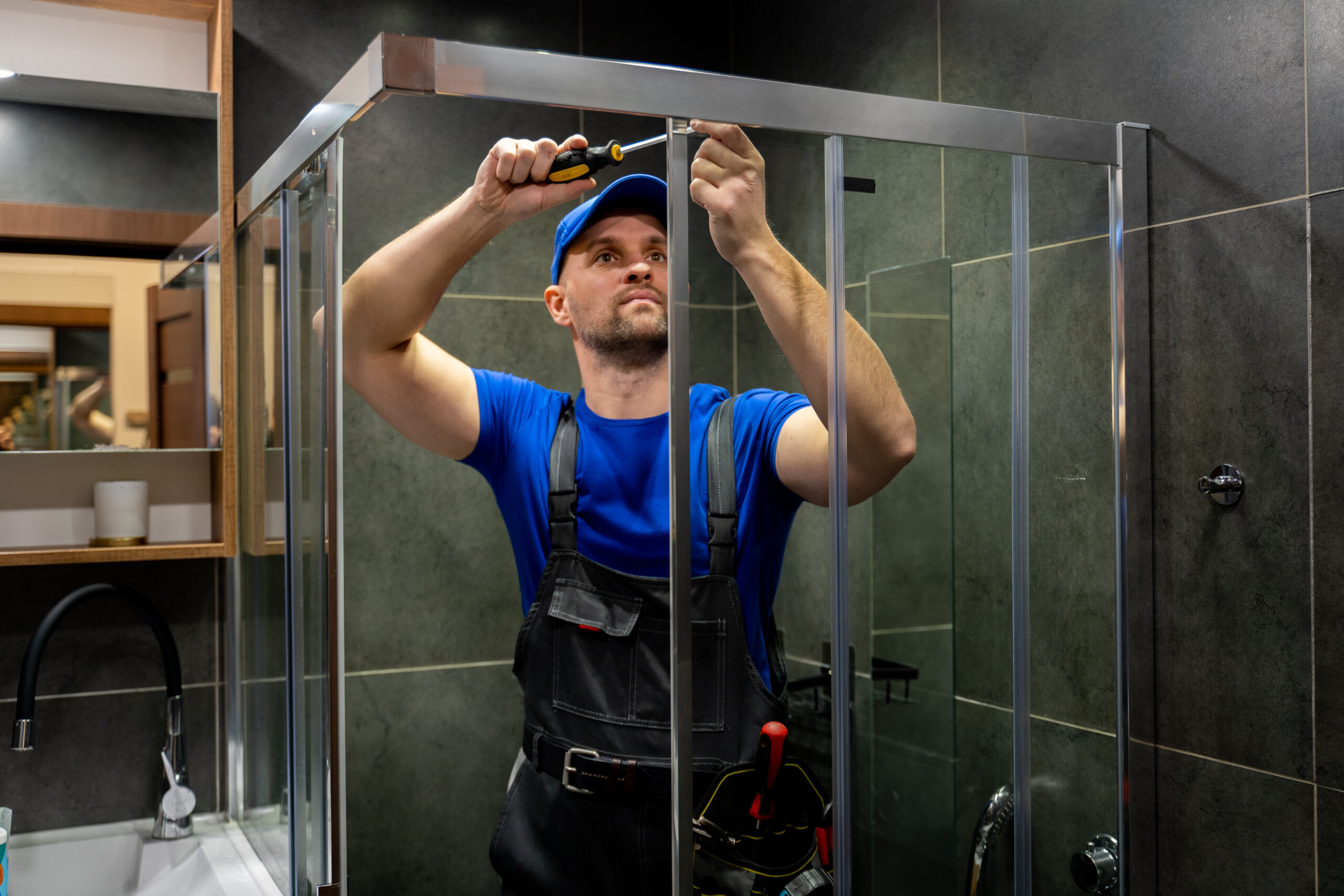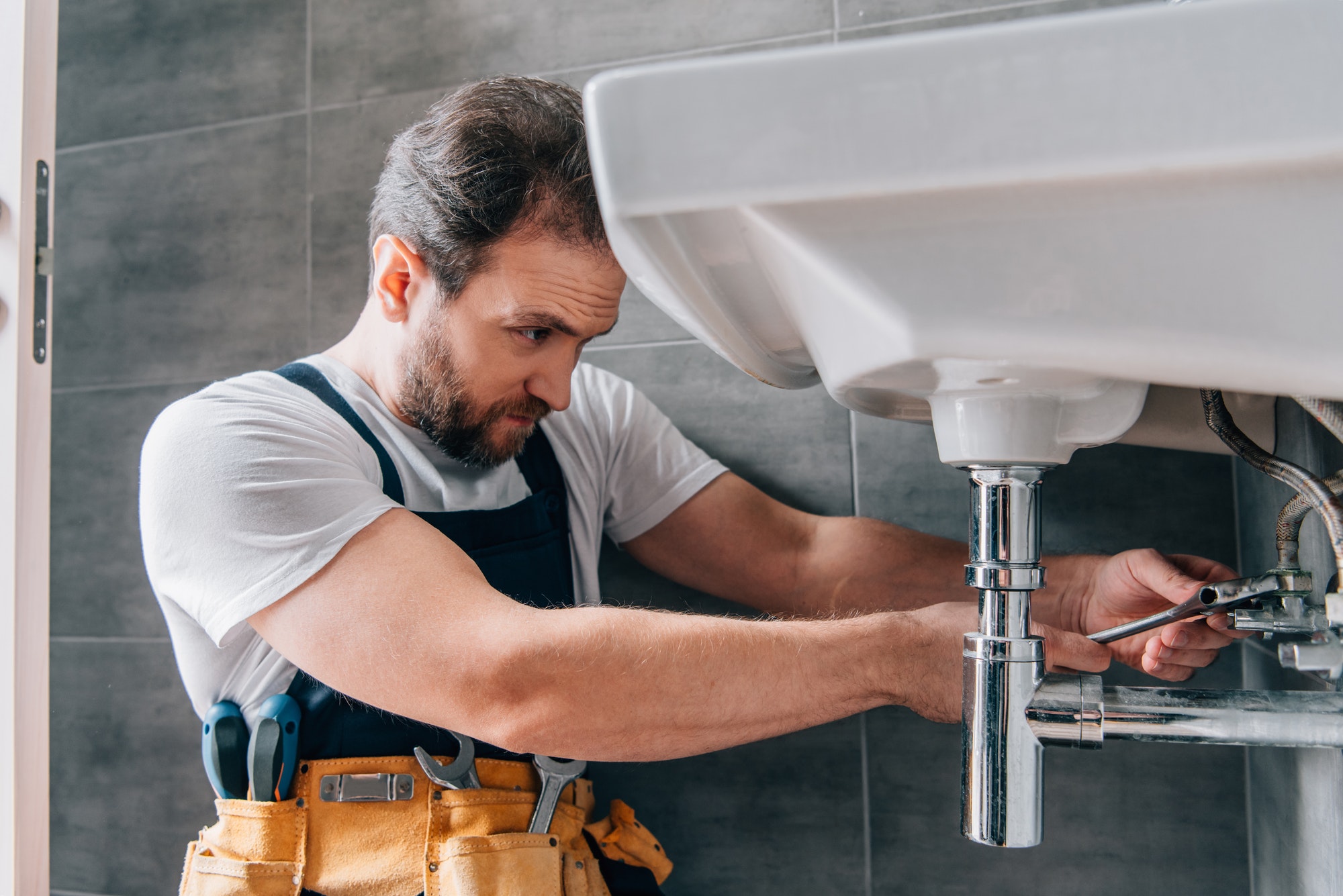Your home’s plumbing is more than just a collection of pipes, it’s a network that supports your comfort, hygiene, and safety every day. But like anything used daily, your plumbing system can start to break down over time. And when it does, the warning signs can range from mildly annoying to full-blown emergencies.
If you’ve ever wondered, “Why is my water pressure suddenly low?” or “Why does my house smell like sewer?”, these may be early signs that something deeper is going wrong behind the walls and under the floors.
Here are eight plumbing system warnings that should never be ignored.
1.Frequent Sewer Backups or Sewage Odor
Few things are more unpleasant, or even dangerous, than sewer backups. If you ever notice waste water backing up in your drains, or catch a strong smell of something foul, it might not just be a clogged line. These are potential signs of a failing sanitary pipework system or broader issues with your plumbing and septic systems.
A broken drain pipe or an overloaded septic tank can expose you and your family to harmful bacteria like E. coli and Salmonella. Inhaling or contacting contaminated air or water could even lead to health problems. So if you’re asking yourself, “Why does my house smell like sewer?”, it’s time to take it seriously.
2.Cloudy or Discolored Water
When you turn on a tap, you expect clean, clear water. But if you’re getting yellow, brown, or greenish water instead, this might hint at pipeline corrosion or a rusting water heater. Older homes are especially prone to these plumbing problems in old homes, where old pipes start to wear out and make your water look dirty or discolored.
Cloudy water often indicates trapped air or sediment, which is another possible failure in your closed plumbing system. In either case, don’t drink discolored water until the source has been properly inspected.
3.Low or Dropping Water Pressure
Ever stepped into the shower after a long day at work expecting a strong stream, only to be met with a sad trickle of water? Low water pressure in home plumbing can turn simple tasks like rinsing dishes or washing your hair into a nightmare. But it’s not just annoying, a sudden drop in pressure could mean a hidden leak, sediment buildup, or something more serious.
So if you’re wondering, “Why is my water pressure suddenly low?”, it might be time to take a closer look at your plumbing.
4.Rusted or Failing Water Heaters
Water heaters are not built to last forever. Corrosion inside the tank is one of the most common issues. Over time, minerals in the water begin to collect, making the heater work harder and less efficiently. If this buildup is ignored, it can cause low water pressure or even lead to a complete tank failure.
Worse yet, rust particles can leach into your home’s water, which poses real health concerns. If you’re wondering, “Are corroded pipes dangerous?” the answer is yes, they are, especially when connected to old water heaters.

5.Gurgling or Bubbling Fixtures
Ever hear strange gurgling sounds from your toilet or sink and wonder what’s going on? Those noises are not just weird, they are often your plumbing system’s way of warning you something is wrong.
When your toilet gurgles when washer drains, or you notice your toilet bubbles when flushing, it usually means there is air trapped in the pipes or a blockage forming in the drain. These bubbling sounds are early signs of a clog or poor venting, both of which can lead to serious plumbing hazards if ignored.
The sooner you catch these sounds, the better your chances of avoiding a messy backup or expensive repairs.
6.Leaking Faucets
Think a dripping faucet is just a small nuisance? We hate to break it to you but that’s not it. While it may seem harmless, that steady drip can waste more water than you realize. In case you ever asked yourself, “How much water does a dripping faucet waste?” The answer is often over 3,000 gallons a year from a single faucet.
Beyond wasting water, a leak can be a sign of worn-out valves or aging parts in your plumbing. In many cases, it means your system could use some attention or pipework maintenance. This is especially common in older homes, where plumbing components tend to wear out faster.
7.Strange Smells from Sinks or Drains
If your kitchen or bathroom smells like something crawled in and never left, your plumbing might be the reason. Those bad smells are often caused by gases that should be staying inside your pipes, but are somehow making their way into your home.
This usually happens when something goes wrong with the plumbing trap or vent. In some bathroom plumbing issues, a dry or damaged trap can let sewer smells seep indoors. A clogged air in plumbing system vent can also stop water from draining properly and send odors back up through your sinks.
Sometimes, the fix is as simple as running water to refill the trap. Other times, you may need a plumber to find and fix the deeper issue.
8.Unexpected Spike in Your Water Bill
Opened your water bill and nearly spilled your coffee? A sudden jump in your water bills is often a clue that something is wrong behind the scenes. Hidden leaks, a constantly running toilet, or a cracked service line can quietly waste water day after day, without you even noticing.
Even small drips or unnoticed plumbing issues can send your meter spinning and your costs soaring. If left unchecked, the damage can get worse and more expensive to fix. In some cases, you might need to replace plumbing system parts that are simply too worn to repair.
Stay Ahead with Preventive Plumbing Care
Plumbing problems rarely happen overnight. They build up quietly, hidden behind walls and under floors, until something goes wrong. The good news? Most of these issues can be prevented with regular maintenance.
By staying on top of inspections, checking for early signs, and scheduling timely repairs, you can avoid expensive damage and unexpected disruptions. Whether it’s a small leak, unusual sounds, or rising water bills, catching problems early keeps your plumbing system running efficiently and your home protected.
Frequently Asked Questions – FAQs
What are plumbing system warnings?
What is the most common problem in a plumbing system?
How many systems are there in plumbing?
Can all plumbing issues be fixed?
What are some plumbing emergencies?
Clogged Sinks or Tubs
Burst Pipes
No Hot Water
Sump Pump Failure
Broken Water Line
Broken Washing Machine Hose
Toilet Won’t Stop Running

